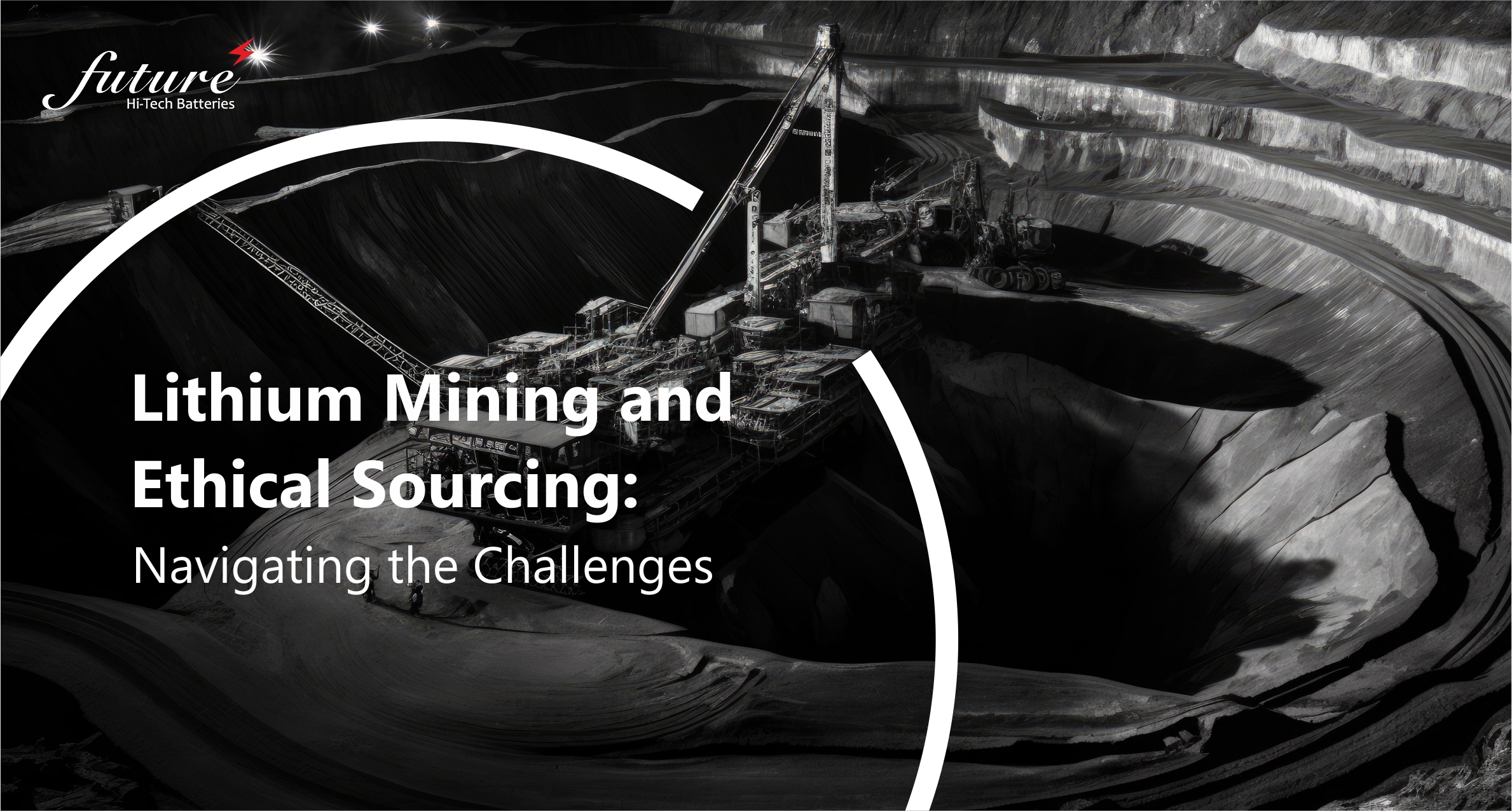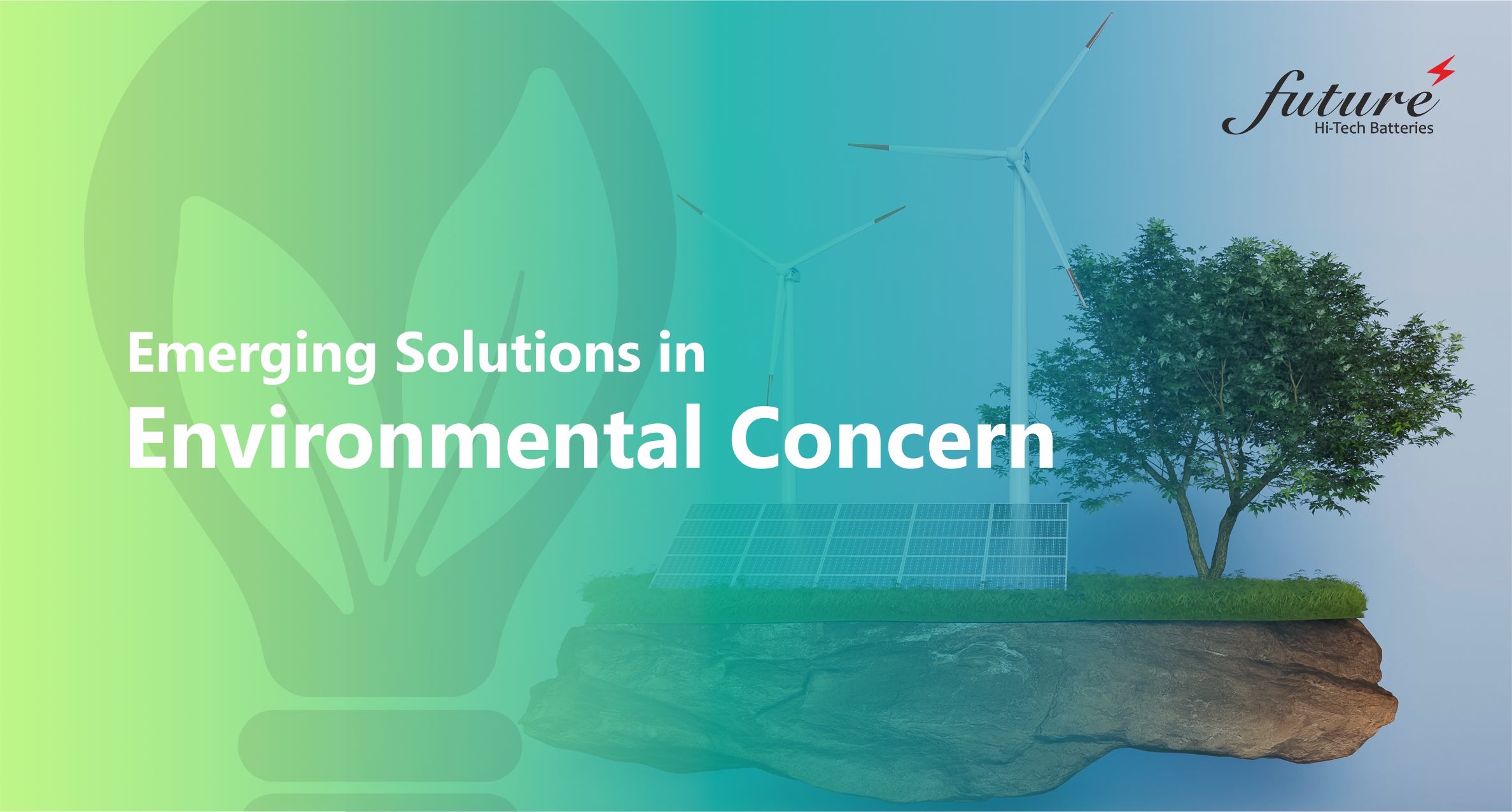India has shown tremendous interest in electric vehicles and renewable energy solutions in recent years. In every industry, fundamental norms are being set to adapt to the renewable and sustainable ways to work. This act has drawn the spotlight towards a significant need for ethical sourcing of lithium-ion raw materials.
As the nation starts encouraging the transition to cleaner and sustainable energy solutions, understanding and addressing the complexities becomes crucial. It is the duty of every individual to ensure using the resource responsibly and inch closer to personal and nation’s growth.
This article revolves around the ethical complexities of lithium mining in India. We will discuss the environmental degradation and social impacts on communities, and all the ethical complexities that require kind attention of everyone involved.
Dilemmas Surrounding Transition into renewable energy solutions
Indigenous Rights
Analysing indigenous rights will unveil the complex ethical issues in mining operations. It poses a threat on the cultural heritage and livelihood of the people or the communities in or around the mining land. If the resource exploitation is done without consent, it is also a historical injustice! Thus, the ethical scrutiny demands that the local communities should have participation and say in the decision-making related to the mining land. It will help in meeting the operational necessities for renewable energy solutions, protecting the culture and history of the place.
Resource Exploitation
Another concern regarding the ethical discourse is resource exploitation. There has to be a perfect balance between the economic development and usage of sustainable resources, so that the short term gains don’t have long term impact on the environment. Especially in the heritage regions like Ladakh, resource exploitation would mean environment degradation and social upheaval. Thus, the solution is in keeping transparency in decision making and having stronger policies in striking a balance in lithium ion mining and environment preservation.
Supply Chain Transparency
Advocating for supply chain transparency in the lithium industry is crucial to ensure ethical sourcing practices and minimize exploitation. Transparent supply chains enable stakeholders to trace the origin of lithium, from extraction to production, ensuring adherence to ethical standards and environmental regulations. Companies can enhance accountability and foster trust among consumers by disclosing information about mining practices, labor conditions, and environmental impacts. Additionally, transparency facilitates identification and mitigation of potential risks such as human rights abuses and environmental harm. Upholding supply chain transparency principles promotes responsible sourcing, and reduces the likelihood of exploitation. Moreover, it contributes to the sustainable development of the lithium industry.
Role of certifications and regulations in Finding Renewable Energy Solutions
Credit to the awareness amongst people or the responsibility taken by the governments, the ethical sourcing efforts are gaining momentum. Companies involved in lithium ion mining are accepting their responsibility towards ethical sourcing and are doing every bit to reduce the poor socio-environmental affect.
One thing that has helped give a big push to this movement is certifications. The certifications, like RMI (responsible mining initiative) and EITI (extractive industries transparency initiative) promotes the ethical conduct throughout the supply chain. It helps in aligning the standards, promotes fair labour practices, and shows which stakeholders are transparent related to their operations. Moreover, the certifications also foster trust among consumers, telling them how responsible the organization is towards sustainable growth and reducing the carbon footprint.
Conclusion
Responsible lithium-ion production means adapting to a comprehensive approach towards environmental sustainability. It is all about ensuring ethical sourcing of raw materials and fulfilling the social responsibility. On the wider aspect, ethical sourcing involves sustaining the indigenous right of the locals, following fair and ethical labour practices, and doing every bit to preserve he environment. Moreover, transparency in the supply chain, coupled with adherence to industry standards and regulations, promotes accountability and trust.
Future Hi-Tech batteries embrace and support the responsible production practices, fostering the environment where lithium-ion technology is balanced with ethical considerations and societal well-being.
Follow us on LinkedIn.
Lorem ipsum dolor sit amet, nec in adipiscing purus luctus, urna pellentesque fringilla vel, non sed arcu integer, mauris ullamcorper ante ut non torquent.










Your Comment Please